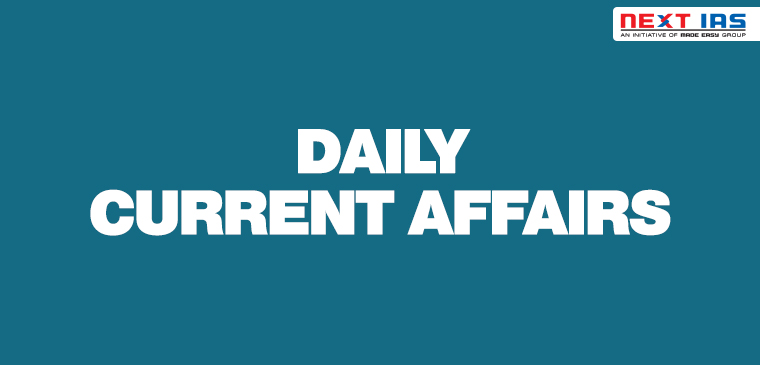
In News
Recently, the Bihar Assembly passed the Bihar Lokayukta (Amendment) Bill, 2021.
Key Highlights
- It proposes to punish people filing false cases before the anti-corruption ombudsman body to prevent any waste of time or misuse of the institution.
Need
- It has come to light that fictitious complaints are also being lodged before the Lokayukta, which leads to wastage of time of the institution.
- As there is no provision in the present Act under which action could be taken against those lodging false complaints, the amendment bill has been necessitated in keeping with such provision in the Lokayukta Act of other states.
Criticism
- Such harsh punishment will dissuade people from approaching the Lokayukta and will work against whistleblowers who expose corruption.
About Lokayukta
- The Lokayukta is an anti-corruption authority constituted at the state level.
- It investigates allegations of corruption and mal-administration against public servants and is tasked with speedy redressal of public grievances.
Genesis:
- The origin of the Lokayukta can be traced to the Ombudsman in Scandinavian countries.
- The office of the Ombudsman has been in existence in Sweden since 1809 and in Finland since 1919.
- The Administrative Reforms Commission headed by Late Morarji Desai in 1966 recommended the creation of the Lokpal at the Centre and Lokayukta in the states.
- The State of Maharashtra is the first and pioneer State in India to introduce the concept of Lokayukta by enacting the Maharashtra Lokayukta and Upa-Lokayuktas Act, 1971.
Lokpal and Lokayukta Act, 2013
- The Lokpal and Lokayukta Act, 2013 provided for the establishment of Lokpal for the Union and Lokayukta for States.
- The Act states that not less than 50% of the members of the Lokpal should be from among persons belonging to the SCs, the STs, OBCs, minorities and women.
- The same rules apply to members of the search committee. Salaries, allowances and service conditions of the Lokpal chairperson will be the same as those for the Chief Justice of India; those for other members will be the same as those for a judge of the Supreme Court.
- These institutions are statutory bodies without any constitutional status.
The Lokpal and Lokayuktas (Amendment) Bill, 2016
- The Bill amends the Lokpal and Lokayuktas Act, 2013 in relation to the declaration of assets and liabilities by public servants.
- It requires a public servant to declare his assets and liabilities, and that of his spouse and dependent children.
- Such declarations must be made to the competent authority within 30 days of entering the office.
Appointment and Selection of Lokayukta
- The Lokayukta is usually a former High Court Chief Justice or former Supreme Court judge and has a fixed tenure.
- The Chief Minister selects a person as the Lokayukta after consultation with the High Court Chief Justice, the Speaker of the Legislative Assembly, the Chairman of the Legislative Council, Leader of Opposition in the Legislative Assembly and the Leader of Opposition in the Legislative Council. The appointment is then made by the Governor.
- Once appointed, Lokayukta cannot be dismissed nor transferred by the government, and can only be removed by passing an impeachment motion by the state assembly.
Work and Functions
- The Lokayukta (sometimes referred to as the institution itself) investigates allegations of corruption and mal-administration against public servants and is tasked with speedy redressal of public grievances.
Limitations
- Lack of prosecution powers, adequate staff, funds and lack of independence are some of the limitations of the Lokayukta.
- In many states, the office of the Lokayukta is vacant.
Way Forward
- Lokpal and Lokayukta appointments must be done transparently so as to minimize the chances of the wrong sorts of people getting in.
- Lokpal and Lokayukta must be financially, administratively and legally independent of those whom they are called upon to investigate and prosecute.
Previous article
None Of The Above (NOTA)
Next article
Facts in News


